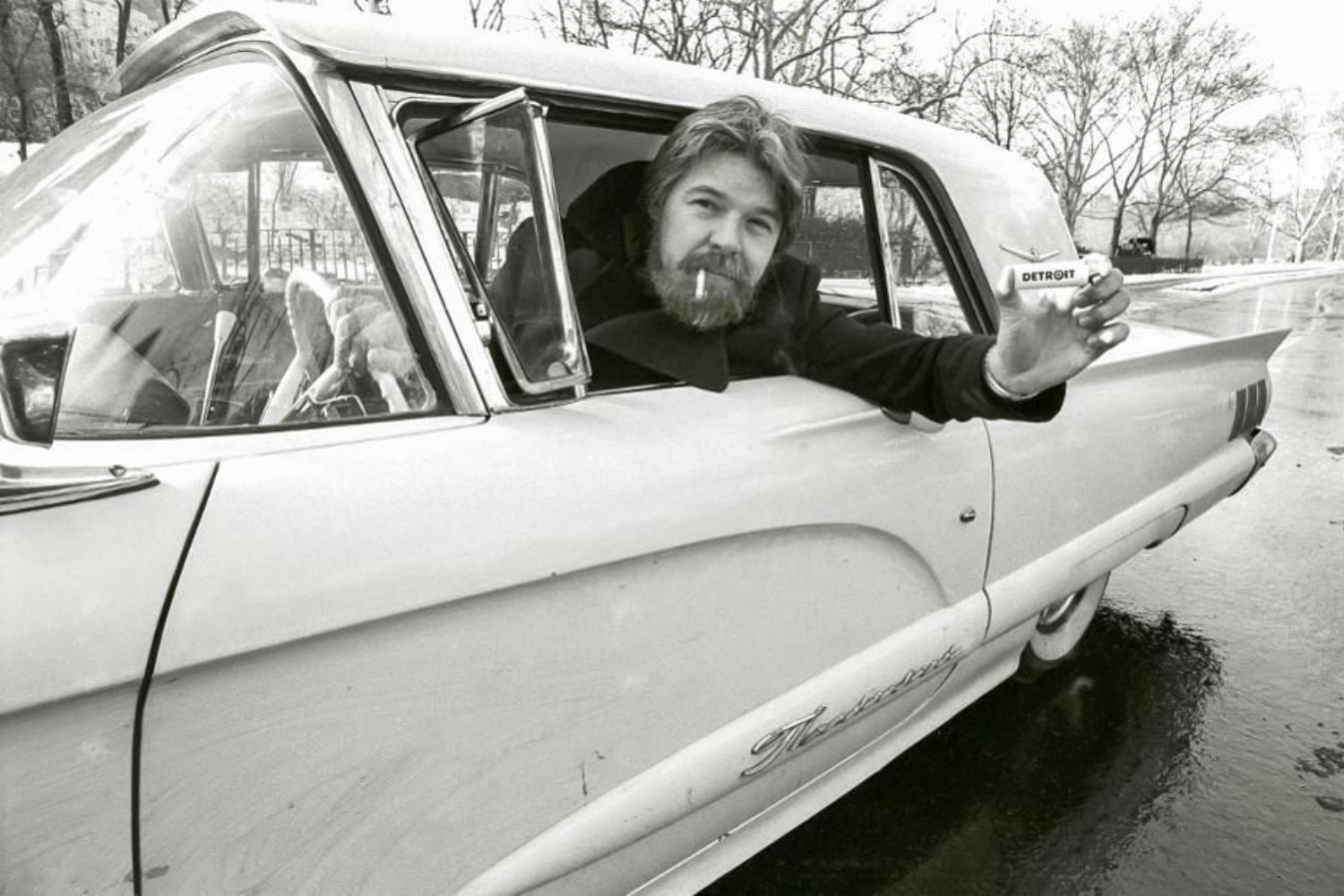Christmas Eve Remembrances
Yeargh, I bollixed this up. Meant to post this several hours ago, and told Marcy I was going to, but instead had a giant nap on the couch with an overly large puppy right beside.
We deal with a lot of hard subjects here on this blog, and do so daily, if not sometimes hourly. The people, you, are what makes it worth it. Thank you. Every year we are separated from some. Sometimes we know, sometimes we only know because they are conspicuously no longer around.
This year, one we know is gone is John Casper (early on known as Boo
Radley). Another soul we knew from not just Emptywheel, but even before. There are undoubtedly others that we are not so aware of, but who have filled our comments with intellect and passion over time.
So, on this Christmas Eve, thank you to all here, from not just me, but Marcy, Jim White, Rayne, Ed Walker, Roving Reporter Rosalind and Quinn Norton. And thank you to those that have been here and left us. There are too many of the latter. This time of remembrance started in 2011 with our fellow contributor, Mary Beth Perdue, who literally passed on a long ago Christmas Eve. It has kind of been a tradition to go back to that as an honorarium to all friends gone, and so here we go:
…………………………………………………………….
 Here we are, heading into Christmas. Everybody is slowing down and heading into the holidays. We all are. Things often get a tad scarce this time of year, but we would like to say Hi, Happy Holidays, Merry Christmas, Happy Hanukkah, Mele Kalikimaka and any other greeting applicable. Thank you for being here with us.
Here we are, heading into Christmas. Everybody is slowing down and heading into the holidays. We all are. Things often get a tad scarce this time of year, but we would like to say Hi, Happy Holidays, Merry Christmas, Happy Hanukkah, Mele Kalikimaka and any other greeting applicable. Thank you for being here with us.
It has been a couple of years…I think…since we have done the remembrance section at this time of year. Many of you are old-timers going back to when we were at TNH, even before the FDL years, but so many are new and really do not know the history. We have been at this a good long while now. The years float by, but the people are what stick.
In that regard, I want to return to thanking those that contributed much, but are now gone. If you are new here, you never would have known the names of Mary, Bob Schacht, Mad Dog, Free Patriot, Skdadl and a host of others that were not only our blog friends, but that we often met and knew in real life too.
They are gone, but not forgotten heading into this Christmas Eve. But this always, at least for me, Marcy too, comes back into focus on this date because of our friend and beloved colleague, Mary Perdue. Mary passed away on Christmas Eve 2011. She, like all the others, was the best of what this blog had, and has, to offer. So, in memory of all who are gone, but never forgotten, here is the original in memorium for Mary.
You all, each and every one, rock. Thank you for being here and supporting us. Happy Holidays everyone:
…………..
 The internet is a strange and wonderful thing. Just about everyone and everything in the world is on it, even though it is nothing but data in the form of binary computer code traversing by random electrons. Yet thought is crystalized, and friendships born and nurtured, through commonality of interest and purpose. And so it is here at Emptywheel, where many of us have been together since the days at The Next Hurrah, through years at Firedoglake, and now at our new home. Just because it germinates via the net does nothing to detract from the sense of community, friendship and admiration for each other gained over time.
The internet is a strange and wonderful thing. Just about everyone and everything in the world is on it, even though it is nothing but data in the form of binary computer code traversing by random electrons. Yet thought is crystalized, and friendships born and nurtured, through commonality of interest and purpose. And so it is here at Emptywheel, where many of us have been together since the days at The Next Hurrah, through years at Firedoglake, and now at our new home. Just because it germinates via the net does nothing to detract from the sense of community, friendship and admiration for each other gained over time.
With profound sadness, I report we have lost a true friend, and one of our longest tenured contributors, Mary. Mary Beth Perdue left us on Christmas Eve, December 24, 2011.
Mary Beth Perdue, 52, of Robards, KY, formally of Newburgh, passed away at her home.
She graduated Order of Coif from University of Kentucky Law School and from University of Evansville with an accounting degree. She was a member of the Indiana Bar Association. She was in house counsel at Mid-Central Land Services, Inc. and served as an attorney for firms in Indiana and Kentucky. She owned and operated the Horse and Hound (a pet supply store) in Newburgh. Mary was a lover of all animals with a special place in her heart for horses, dogs and cats. She was involved in numerous equestrian sports and organizations.
Here at Emptywheel, she was just Mary; and she was so much more than a simple obituary can convey. She was funny, kind, and, most of all, razor sharp in analysis of extremely complex issues surrounding torture, indefinite detention, international human rights, illegal wiretapping and executive branch overreach. Mary had a steel trap index in her mind for even obscure torture and rendition cases and facts. To the day she died, Mary was one of the very few people commenting in America that remembered, and would never miss a chance to point out, how the children and extended families of Khalid Sheikh Mohammed and Aafia Siddiqui were used and/or disappeared by the US as pawns in our immoral torture in the name of the so called “war on terror”. Mary’s dissection of Jack Goldsmith terrorist detention policy, complete with with a comparison to the Ox Bow Incident, was a thing of passion and beauty.
One of Mary’s favorite, and most important, hobby horses was the seminal case of Ex Parte Milligan, on which she beat the drum loudly long before the critical 2008 decision in Boumediene v. Bush and the 2009 release of the torture memos. She was, as usual, right. Here she is taking John Yoo apart at the seams over his intellectual duplicity regarding Ex Parte Milligan. And then there was Mary’s three part opus on the history and meaning of Ex Parte Milligan (Parts One, Two and Three), which is one of the best primers anywhere on the case that has finally come back into renewed significance in the critical issues of the war on terror. Mary played a part in keeping that significance alive, and in the discussion mix, until it took hold again.
Mary did not talk much about her real life family and work, and as another still practicing attorney, I can fully understand the maintenance of that separation. It is quite likely, like me, that her friends and family had little idea of the true depth and importance of her knowledge and dedication to the interests she expressed here, both in front page posts authored, and in her consistent critical contribution in the discussion comments. But, make no mistake, Mary was not just an invaluable contributor, and affected not just me and Marcy, but key players in the larger discussion. I know for a fact, because I talk to the different people and discussed it with them; Mary’s posts and comments were seen and known by actors from the ACLU, to EFF, to other think tanks and attorneys in the field. She left a mark.
As I said at the start of this post, the internet is a curious, if compelling and wonderful place; in all the furiously teeming milieu of people and issues, it is easy for one voice to not be missed for a brief time. All of us take time away every now and then, and Mary was no exception; often being scarce for a period due to pressing duties with work and her beloved horses and land.
I had not talked to Mary since a few days before Christmas. With the rush of the holidays, and a busy work schedule for me in January I have been a tad scarce myself and I had not particularly noticed Mary’s absence. A little over a week ago, I emailed her some irresistibly cute pictures of the one of a kind racehorse Rachel Alexandra and her new foal. Mary loved Rachel Alexandra. Realizing she had not responded to that catnip, I checked yesterday and found the terrible news. There are a lot of things Mary might be too busy with real life to respond to, but not that. And so life became a little less full and enjoyable. Mary’s family has indicated:
In lieu of flowers, memorial contributions may be made to a local humane society or other animal rescue.
And that would indeed be Mary, and fit her, to a tee. Here is a secure link to do so for the national Humane Society; but by all means, if so inclined, give to your local chapter and let them know it is for Mary.
Emptywheel will not be the same without Mary Beth Perdue, but her work and memory will live in our hearts, minds and archives as a testament to who and what she was and stood for. We shall close with the picture Mary never got the opportunity to see, but would have been the epitome of the horses, animals and children which she truly loved, Rachel Alexandra and foal.
Vaya con dios Mary, you will be missed.
….
….
Cheers to all, and to all a good night and wonderful Christmas Day.




















